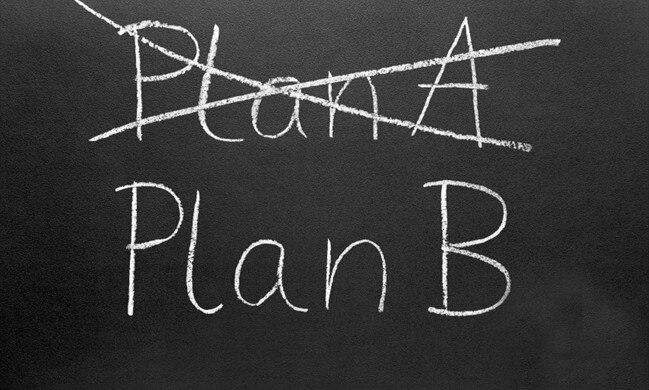
Interviews can be a daunting process, and even more so when it goes badly. If you are still committed to the opportunity post-interview the following tips are useful in helping you to recover and keep you in the running for that dream job!
1. Follow up with a thank-you note: while you should always follow up an interview with a thank you note, when sent after an interview hasn’t gone to plan will give you the opportunity to recover from any mishaps which might have taken place. You should use this opportunity to reiterate your commitment to the job you applied for and add any fundamental points that you might have missed during the interview. More importantly however, you should use this opportunity to ask for feedback on how you could improve in future interviews. This will prove invaluable and will give you a better chance to be successful in the future.
2. Request a follow-up interview: in extreme cases where the interview went particularly poorly, then you could request a follow-up interview. This could be asked for via email or even better on the phone and give you another chance to display your credentials. Your employer will admire your dedication and an attempt to rectify any mistakes. Remember everyone makes mistakes but it’s about how you recover from them that will make you stand out.
3. Learn from the whole experience: try not to be too hard on yourself. Instead take the negative aspects of your performance and learn from them. Do this by making a list of the things that could be improved in time for your next interview, for example: more thorough preparation? Practising your interview technique? Wearing a more appropriate outfit?
4. Polish your interview technique: if it was your technique that could have been better, it might be a good idea to attend an employability workshop, or to book an appointment with your careers advisor at your University. Both will provide help in improving your body language and responses. You could also practice your answers with someone who is fairly familiar to you who can provide you with constructive criticism so that you perform confidently at your next interview. Or you can always pick a few extra tips here.
5. Keep your thoughts off social media: It has become increasingly common for employers to research their potential employees on social media. Often they are looking for someone who keeps their working life away from the public eye and maintains a high level of professionalism. If you tweet about how ‘terribly’ you feel an interview went or write on Facebook about ‘how you didn’t want the job anyway’ it could affect any future chances you might have when applying for other jobs.
6. Focus on the next opportunity: It is easy to be over-analytical after a negative experience. Focus instead on the other potential opportunities that are out there!
Remember, the interview may not have gone as badly as you think. Try to remain positive and you might be surprised at the impression you made even if ultimately you were not selected to go through to the next stage of the assessment process.
